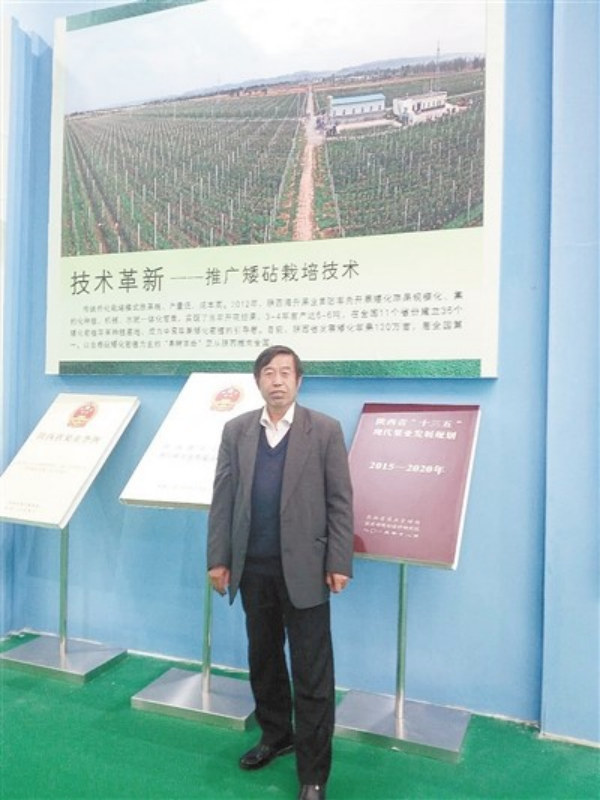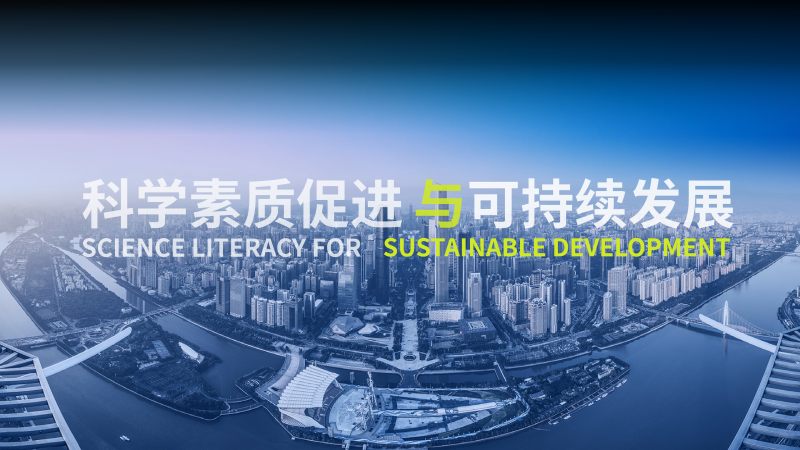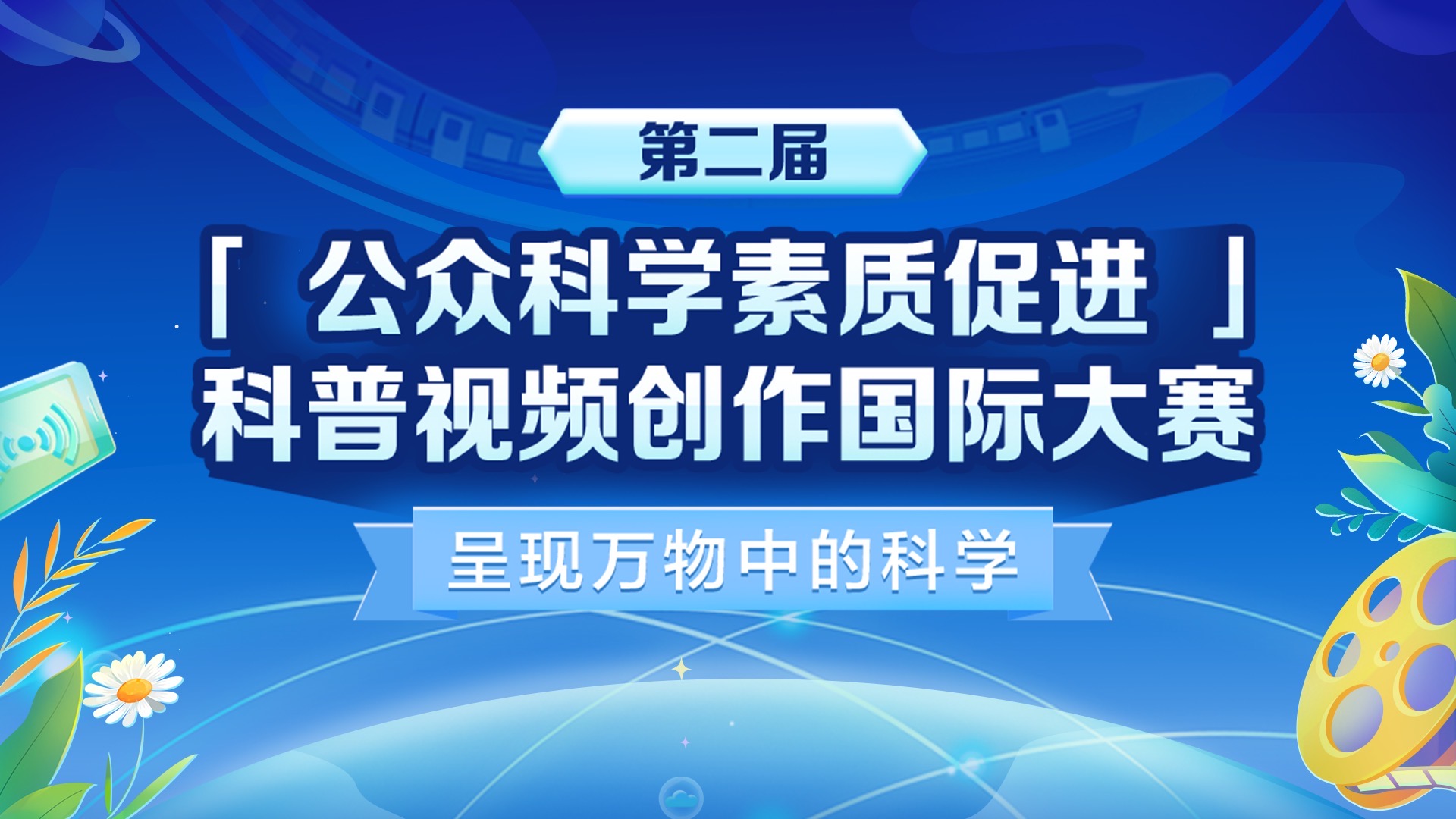Li Bingzhi: I devoted all my life to apples
author: | source: | Update time : 2018-08-1

Ganjing Town, Heyang, Shaanxi is a famous apple-growing town. It has been suffering from high temperature and low rainfall during the summer, and lacks drought-resistant technologies. As a result, the apple fruit is small and the yield is low, and fruit farmers are torn with anxiety. Upon knowing that a service group from the Northwest Agriculture and Forestry University was coming, all fruit growers named apple-growing expert Professor Li Bingzhi.
Upon his arrival, the villagers rushed to ask questions, from the cultivation and pruning of fruit trees, to the market price, to what varieties to grow in the next step, etc. Professor Li Bingzhi answered them patiently and then paid visit to the orchards with the farmers and gave them technical guidance.
With dark skin and rough hands, he speaks dialects that farmers can understand and wears the same clothes as farmers... If you meet Li Bingzhi, 62, in an orchard in the northwestern countryside, you may not think that this is a senior professor from the Northwest Agriculture and Forestry University. But this professor, who has been engaged in scientific research for more than 30 years, dedicated all his enthusiasm and wisdom to the development of the apple industry; it is him who got poor households out of poverty. He was regarded as the most respected friend by hundreds of fellow villagers.
In the long-term research and practice, Li Bingzhi realized that a major obstacle hindering Chinese apple production is the backward cultivation and management techniques. In 1999, Li Bingzhi took the lead in establishing an apple R&D center, and for the first time systematically studied the time to bag and unbag the apples in the Loess Plateau, developed a set of colorimetric cards, and introduced and developed an internationally advanced technology model of dwarfing apple rootstocks for high-density planting, which was later considered by the industry to be a revolution in the apple cultivation system.
Since 2012, Li Bingzhi has served as the chief expert of the Qianyang Apple Breeding Demonstration Station, with a focus on demonstrating and promoting the intensive cultivation techniques for dwarfing apple rootstocks to local farmers.
He spent nearly 300 days a year here in the station. His wife did not understand at first, but Li Bingzhi solemnly told his wife that he was born for apples, which deeply touched his wife. She also came to Qianyang from Xi’an and fully supported Li Bingzhi. Li Bingzhi suddenly felt that there was a greater responsibility.
The Apple Breeding Demonstration Station has another name in the local area called “Field University.” In recent years, Li Bingzhi and his colleagues have organized many training sessions every year at the “Field University” to train thousands of farmers in terms of new cultivation techniques.
These efforts have profoundly changed local people’s lives. For example, the output of apples in Jing Yanrong’s family (a poor household) was only more than 1,000 kilograms per mu in the past, and it has risen to more than 4,000 kilograms in just a few years. The income is very considerable now.
While taking root at the orchard to answer questions for the fruit growers, he also thinks about the challenges of the Chinese apple industry. For example, Li Bingzhi believes that the shortage of rural labor is a difficult issue in the development of the apple industry. “This requires a mode of cultivation that saves labor. The dwarfing apple rootstocks are at least 50% less than that of traditional orchards,” he said “Pesticide residues are also an issue in the development of the industry. In the future, safety is the top priority in the sales of fruit, and we must also consider the cost. Through research in the demonstration station, I also see hope now.”...
Li Bingzhi loves and dedicates his lifetime to apples. And apples have also brought him a lot of respect and honor. But in the face of all this, he calmly said: “Compared with foreign high-density orchards of dwarfing apple rootstocks, there is still a long way to go in China to promote the use of advanced technology. I will work harder in the future.”








